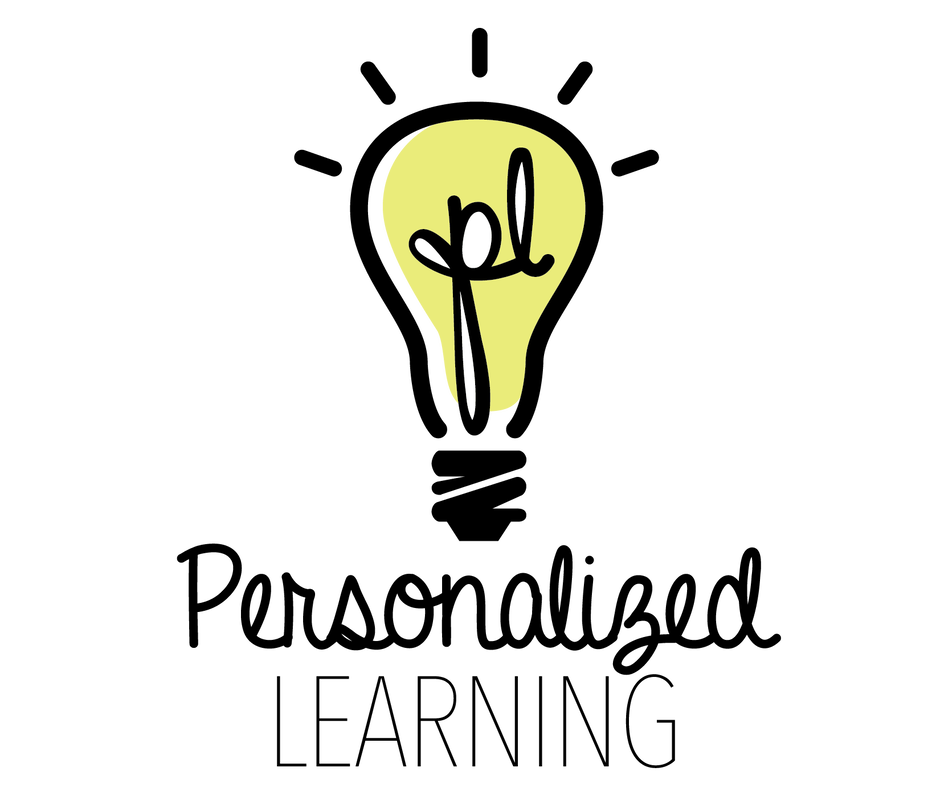Instructional Rigor
Phase 4
"Look-Fors" During Observation
Remember: The most helpful part of the observation is not checking off items, but the conversations and reflections that happen after the visit.
Remember: The most helpful part of the observation is not checking off items, but the conversations and reflections that happen after the visit.
|
Beginning/ Practicing
|
Developing/ Achieving
|
Questions to Guide Observation
- What kinds of groupings do you see instruction happening in? And what is driving how those groups are formed?
- What structures do you see in place to monitor student mastery? How are students involved in this?
- When you ask students what they are working on do they all respond with the same learning objective or are students working on different learning objectives?
- Are classrooms based on grade level or on level of mastery?
Resources
- Mastery-based Progress Case studies: here are a few great case studies to use to deepen your understanding of how to use Mastery-based progress in practice.
- Promoting Growth with Targeted Remediation, Oklahoma City, OK
- How Mastery Learning is Empowering Students, Reshaping a Town, Piedmont, AL
- Instant Student Feedback, Miami, FL
- Personalizing Learning at Chicago's Gwendolyn Brooks Academy, Chicago, IL
- Solving the Data Problem, Orem, UT
- Todd County Learning Targets, KY
- Ten Principles of Mastery-based Learning: This is a list of the key principles of mastery-based learning.
- A New Kind of Classroom: No Grades, No Failing, No Hurry: This New York Times article highlights the shift towards mastery or competency-based education, explaining key practices and highlighting examples.
- Meeting Students Where they Are: This blog highlights and hyperlinks to the Meeting Students Where they Are report. It gives an overview of the in-depth report highlighting a few of the key points of the extensive report.
- Making Mastery Work: A few years ago, Nellie Mae Education Foundation commissioned reDesign to research the state of play of mastery learning in New England schools. The result, "Making Mastery Work," documents the work of several early-adopter schools and networks. The report was the precursor to our "Making Mastery Accessible" project, which relies on many of the learnings documented here to develop a set of Design Guides and Tools to support current-day designers.
- Flexible Groupings in the Classroom: This article reviews the importance of using flexible groupings to support student learning and includes strategies for how to determine groupings.
- Equity Snapshot: The Intersection of Mastery & Culturally Responsive Education (CRE): This one page report shares important learnings about how to create a mastery-based model while supporting equitable practices.
- Curriculum and Classroom Planning Resources: This webpage shares a number of resources for creating a mastery-based classroom. The resources shared will help a teacher, plan, instruct, and assess in a mastery-based classroom.
| Mastery Based Progression, Coaching Tool | |
| File Size: | 733 kb |
| File Type: | docx |
| Mastery Based Progression, Coaching Tool | |
| File Size: | 219 kb |
| File Type: | |

